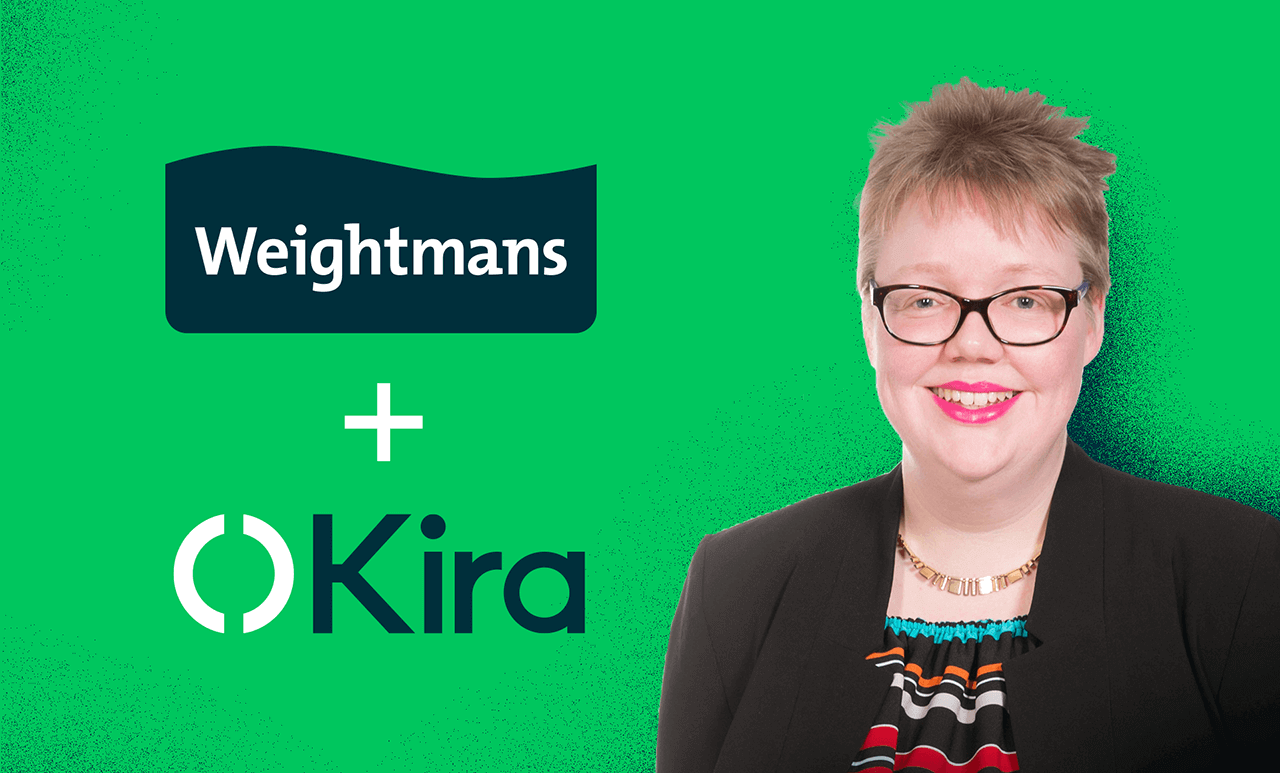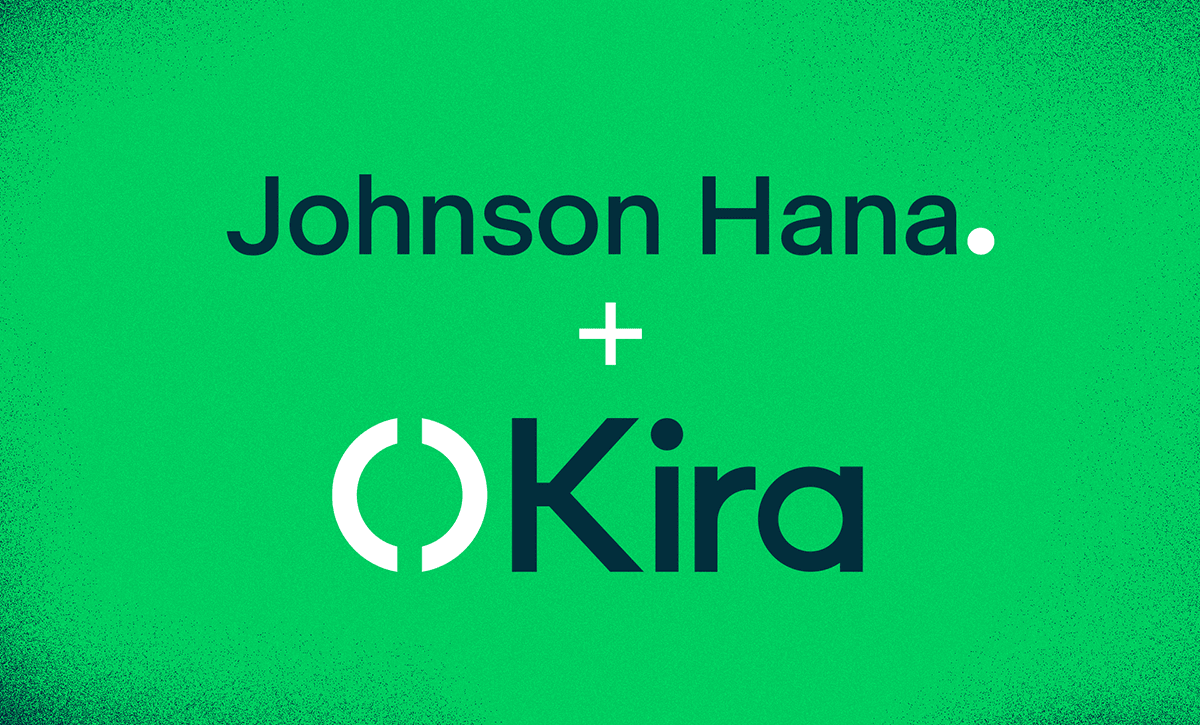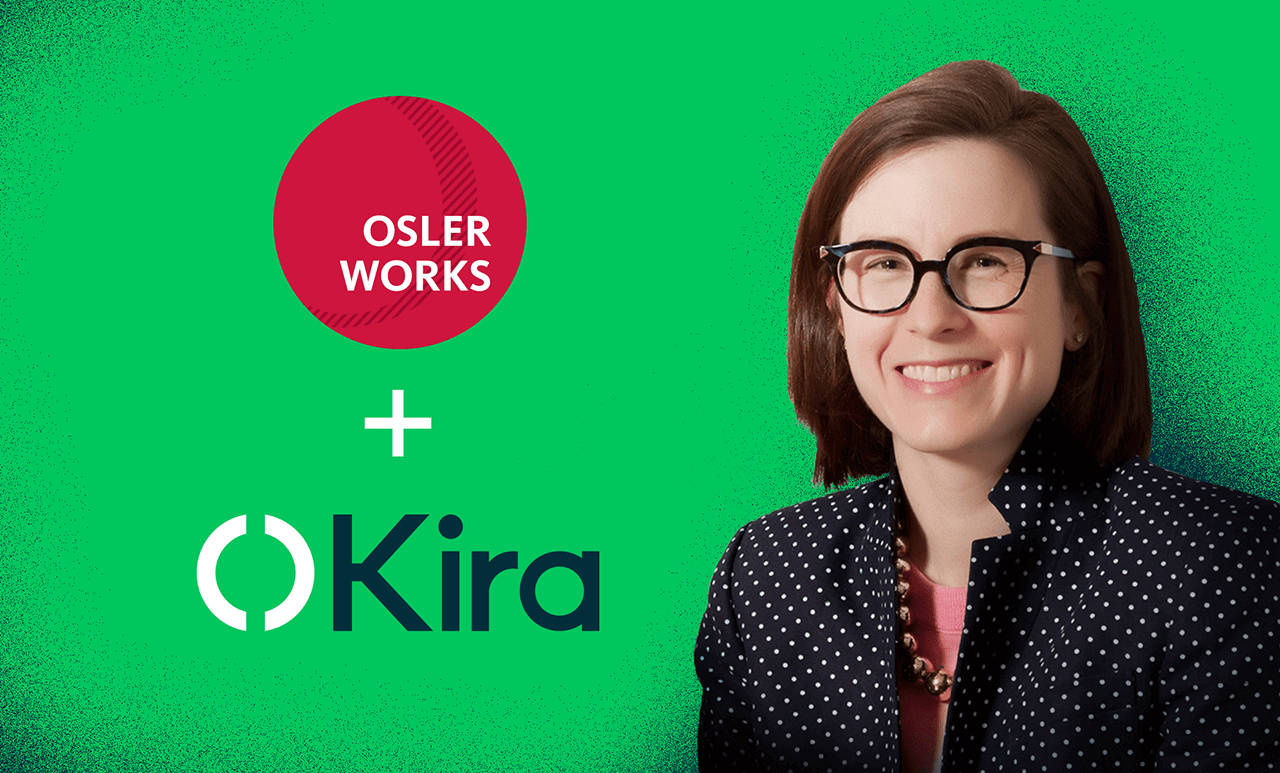Weightmans is a top 45 UK law firm that explores AI as a way of enhancing their legal services. For Weightmans, AI is a leading force in the legal sector, and this has been demonstrated through its use of AI across many areas of its business including PI, corporate, commercial, real estate and internal business use cases. As a key strategic partner to many clients, Weightmans positions innovation as a responsibility that allows it to take full advantage of technology to aid their service delivery solutions.
To learn more, we spoke with Catriona Wolfenden, Partner & Innovation Manager at Weightmans. Catriona expands on the firm’s approach to innovation, why her team takes full advantage of technology to aid their service delivery solutions, how they’ve leveraged Kira for projects, and more.
Use Case
Contract Review
Site
About
Founded in 1827
Headquartered in Liverpool, Merseyside
What is your role at Weightmans?
I’m a Partner and Innovation Manager responsible for the development, delivery and management of the firm’s innovation and technology projects, as well as our broader innovation program. My innovation team works closely with our clients, suppliers and our legal teams to ensure that Weightmans continues to evolve and offers real market-leading solutions.
Can you speak on the Innovation Team and its approach to innovation? Why is AI a big future player in the legal sector?
The innovation team consists of legal engineers, trainee solicitors and innovation project managers who work closely with our data services, IT, business change teams, and suppliers and academics to solve problems and try new things. Collaboration is at the heart of our innovation strategy and has been a crucial part of seeing our innovation come to life and generating real benefits for colleagues and clients.
The changing professional services landscape and developments in technology provide the opportunity for greater efficiency, accuracy and cost reduction for our business and our clients. Weightmans has invested in technology and innovation for decades, long before the term “legal tech” became fashionable, constantly seeking ways in which to provide new and different services to clients looking for quicker results or access to enhanced data and intelligence. AI allows us to take all of this to the next level.
What advice would you give to other firms when it comes to the Proof of Concept stage for adopting legal tech?
The starting point is being very clear and explicit about the specific problem you are trying to solve. It is really easy to get carried away at a POC stage and end up with too wide a scope or scope creep as the POC progresses, so I have learnt from bitter experience to pare back what we expect from a pilot and to have a narrowly defined use case where success can be measured.
How did Weightmans identify the need for contract review software?
Lawyers spend a lot of their time reviewing documents and putting the information somewhere else, and we thought there had to be a better way than manual review! We were also very keen to explore document review software on uses cases outside of the typical contractual and real estate use cases, for example on insurance and personal injury documents. After conversations and pilots with several providers, we settled on Kira for its ease of use, functionality and adaptability and a willingness to collaborate and give new types of document review a try.
Can you speak on Kira’s new Answers & Insights capability and how Weightmans has leveraged it in past months?
We were so excited to get our hands on the Answers & Insights capability and were delighted to get early access to it. It is really as straightforward as training Kira on clause extraction. But, the possibilities that it now offers us in terms of turning unstructured data into structured data are immense and we have only scratched the surface of what is possible with it, using it on personal injury and real estate documents.
Can you provide a case study of how Kira has been used for a project and any details on the results?
When one of our commercial clients was faced with the prospect of manually reviewing over 1,800 documents in order to respond to a regulatory issue we turned to our long-term partner, Kira, for support. In addition to a significant volume of documents requiring detailed review and reporting, the client was also faced with very restrictive timelines for the work to be completed.
Having established the partnership with Kira in early 2018, we were able quickly to respond to the client’s needs and pull together a multidisciplinary team, incorporating: Kira specialists from our innovation team, the Kira technology platform, a project manager and legal subject matter experts (SMEs). The innovation team trained 20 people who were new to Kira in a morning whilst the SMEs were training Kira on the new fields to extract. The project was to enable the client to estimate the possible size of a risk by extrapolating from a large enough data set, with the key information obtained using Kira. We were able to utilize a number of Kira’s pre-trained machine learning provisions and, in addition, create bespoke smart fields to identify 9 client specific provisions.
At completion, the client paid tribute to the accuracy of the work and reported that less than 2% of the data provided was flagged for further analysis by their data verification process - just a handful of data points from the original pool of 1,800 documents with tens of thousands of data points overall. In addition, compared with a sample of documents reviewed manually, which would have taken upwards of one hour per document, utilizing Kira reduced the review and information extraction exercise to just five minutes (per document) on average - a 90% time savings. This enabled us to deliver the project to the client against tight timescales without compromising on quality.
Since completion, the teams at Kira and Weightmans have further customized the model and approach, allowing similar types of services to be offered by Weightmans to a wider range of our clients, allowing us to scale our particular client offering in a way that we couldn’t do by just using lawyers.
How is Weightmans monitoring COVID-19 developments and sharing insights related to legal and business considerations to help clients?
We quickly formed a cross sector Covid Group and hub pages to be able to keep clients up to date on the rapidly unfolding events and their legal impact. It has all been about ensuring we join up our sector specific teams so they can give focused, practical and expert advice upon the return to the ‘new normal’, post-COVID phase and the concerns surrounding it for organizations and their employees, clients and service providers. We have run themed campaigns using social media and incredibly well attended webinars. We have evolved those themes alongside our clients as we have collectively learnt how to continue to run successful businesses through the pandemic.
What have been some key learnings on how to effectively make an entire law firm work from home? Any advice that you would like to share with peers?
We were lucky as the majority of our offices were agile, so in terms of systems and hardware, we knew we would be okay. I think from an innovation point of view, the most interesting aspect is how people adapted to the introduction of new technology practically overnight. When we introduce new tech there is usually training and drop in sessions, etc., but with things like zoom, these were pushed out much quicker and with less hand holding and people adapted quickly. The pandemic engendered a lot of forced competency and accelerated law firms’ digital journeys by a number of years.
Lastly, Weightmans regularly produces insights on innovation, artificial intelligence and technology and how it applies to clients. Where can readers learn more about these insights?
You can learn more by visiting this page.



